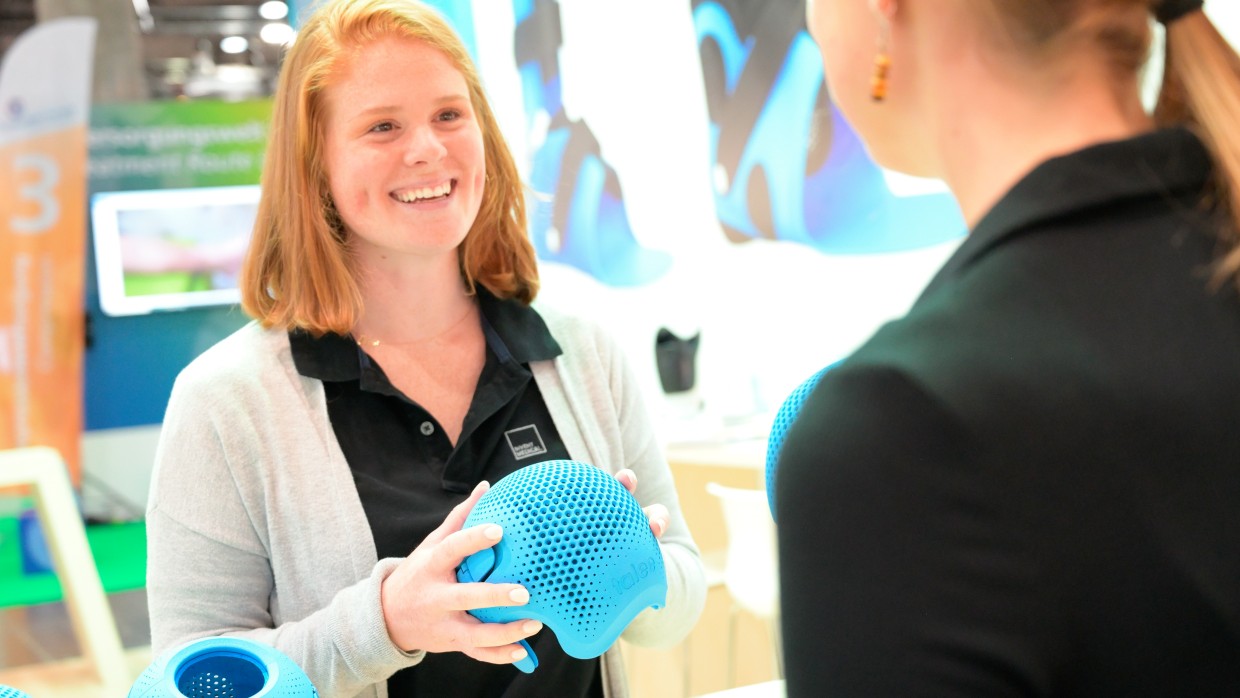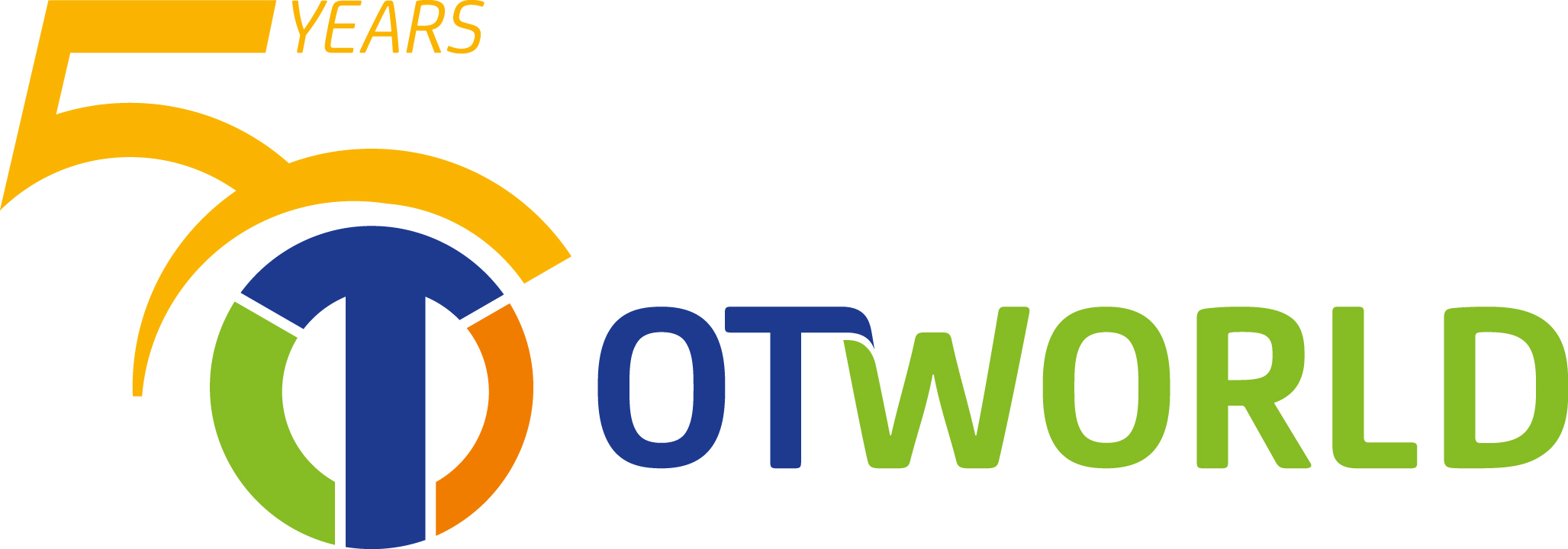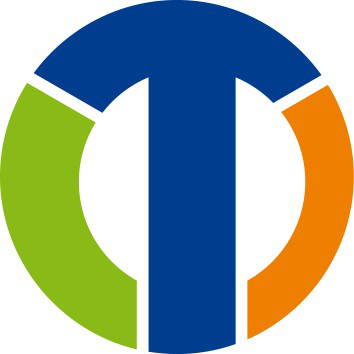Start-Ups in Prosthetics & Orthotics: Innovations for a Dynamic Future
The prosthetics & orthotics industry is of vital importance to people with physical impairments. Prosthetics, orthotics and other medical aids all play a decisive role in improving the quality of life for millions of people worldwide by restoring their mobility and helping them participate in everyday life. In this context, start-ups in prosthetics & orthotics have the opportunity to make a significant contribution with their innovations and creative approaches. At OTWorld 2024, 25 young companies from ten nations will be introducing themselves. We asked their founders some questions and received some fascinating answers.
The Idea Behind a Start-Up in the Medical Aid Industry
There can be a variety of motivations for founding a prosthetics & orthotics start-up. Often it is personal experience that inspires the founders to become active in this area. Perhaps a family member has a physical impairment, or the founders have spotted some potential for improvement in their daily patient care. Inspiration for the founders of OrthoHeal India came during an academic project where they observed a range of patients suffering from skin problems for whom it was very difficult to tolerate treatment with orthopaedic plaster casts. The idea was born for a new immobilisation cast made of materials that are easier to tolerate!
Overall, the prosthetics & orthotics industry has enormous potential for innovation. New materials, advanced manufacturing techniques and the integration of robotics and artificial intelligence are creating previously unimaginable opportunities for improving the functionality and comfort of prostheses and orthoses. Start-ups are often flexible and agile, making it possible for them to react quickly to new trends and technological developments. Moritz Möker, one of the founders of Holy Technologies, agrees: "We concluded that, by starting from scratch and using the latest technologies, we could develop a solution for making considerably more efficient and sustainable components than have been possible up to now."
Challenges for Start-Ups in Prosthetics & Orthotics
German and international start-ups all face similar hurdles. One of the biggest challenges is the approval and certification of new products. Medical aids are subject to strict regulatory requirements in order to guarantee safety and effectiveness for patients.
Complying with these regulations requires time, resources and expertise, which can pose real challenges for small start-ups. This is something the company Trivida also experienced in its early days: "It is so important to deploy both analytical and intuitive-creative thinking to identify possible obstacles in advance and avoid them."
Entry into the prosthetics & orthotics market is also often associated with high costs. The development and manufacture of prototypes and clinical studies followed by sales and marketing activities all require considerable investment before any revenue can be generated. This was also the case for Tendo AB from Sweden. In the early days, the start-up's greatest challenges were to generate funding and find investors. Their tip: talk to as many different people as possible and ask them for support.
Tips for Aspiring Company Founders
Most of the additional advice offered by young entrepreneurs to aspiring company founders is similar, irrespective of whether the companies come from Germany, Great Britain or India. At the top of the list is a strong network. After all, "this is the only way to bring your own visions into alignment with the target group's actual needs and wants," notes Phil Janssen of Steets.
Perseverance is also a fundamental requirement for success, according to René Schiller of Veomedical: "Keep persisting and live out your vision! Without our passion, we would never have made it." Nevertheless, alongside all the enthusiasm, it is important to remain level-headed and keep a long-term perspective. "In the dynamic start-up world, it is essential to be able to react quickly to challenges and change," explains Myriam Lyngg of Macu4. "Be prepared to rethink your strategies and adapt your business model in response to feedback from customers, investors and other stakeholders."
Finally, Francesco Ciriello of Ortopedia3d encourages young founders to be courageous: "Never stop trusting your ideas."
Visitors can look forward to getting to know these start-ups. They are exhibiting in a total of three special areas in Hall 3.


